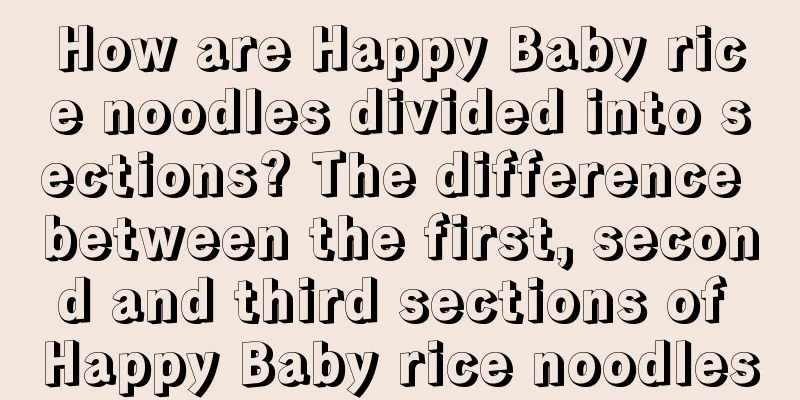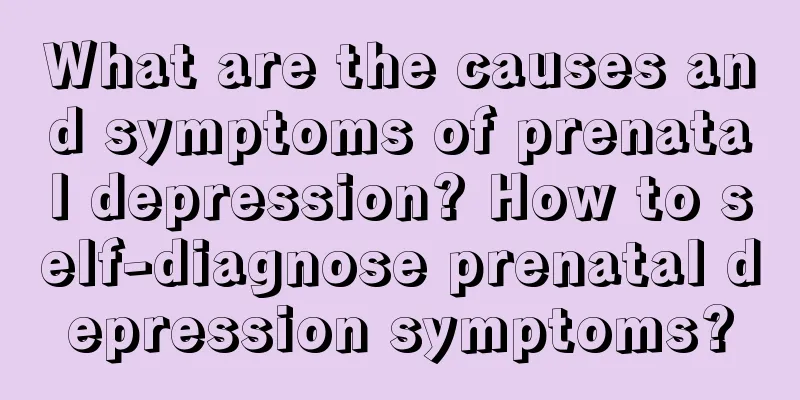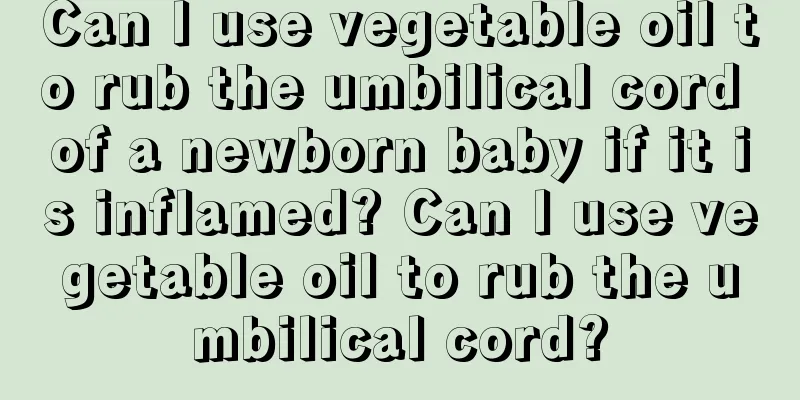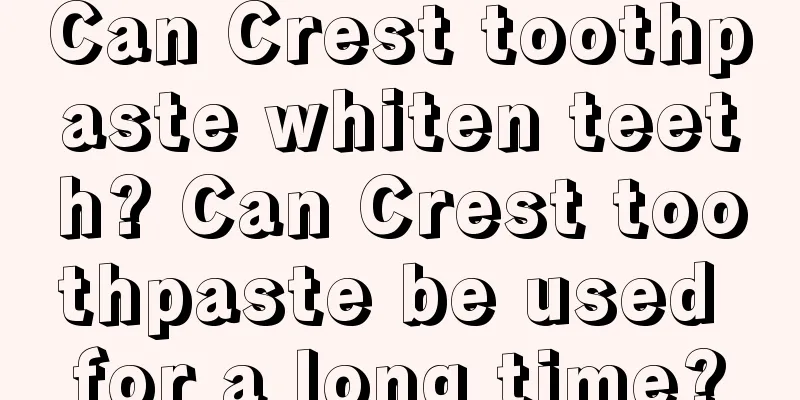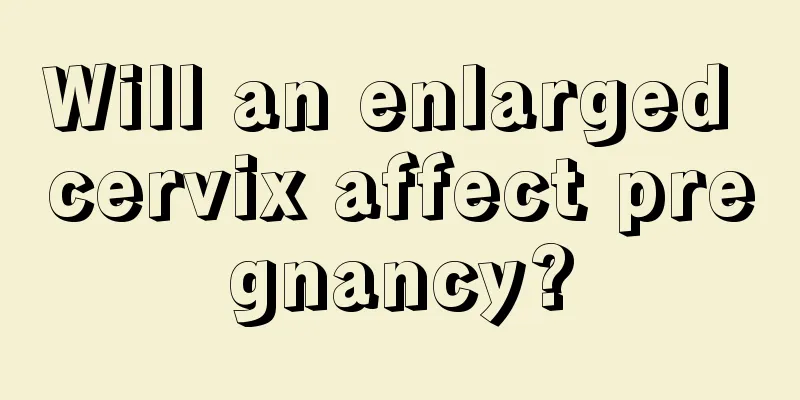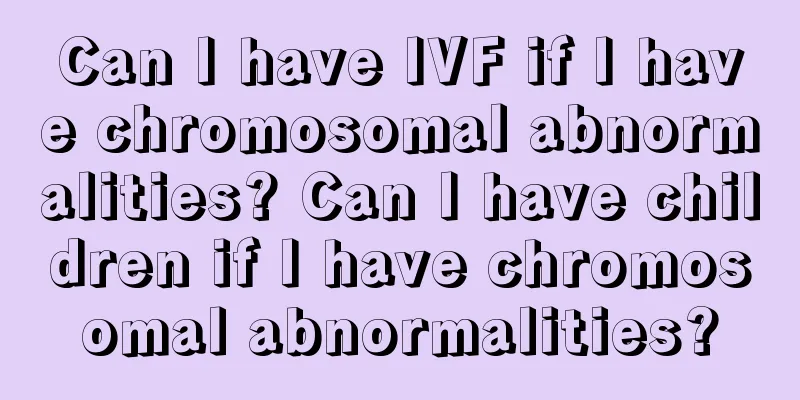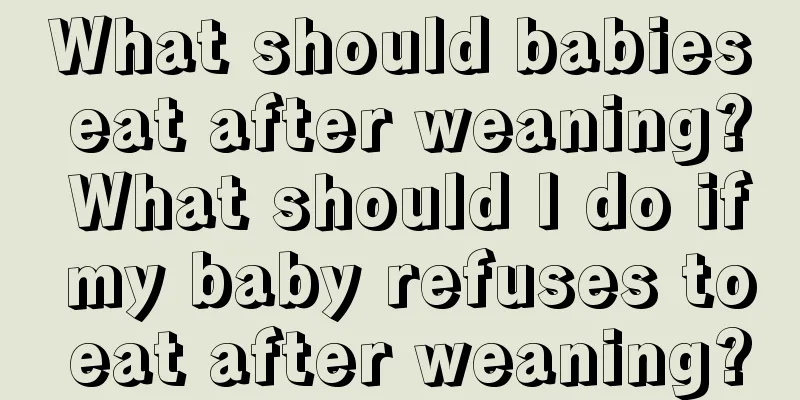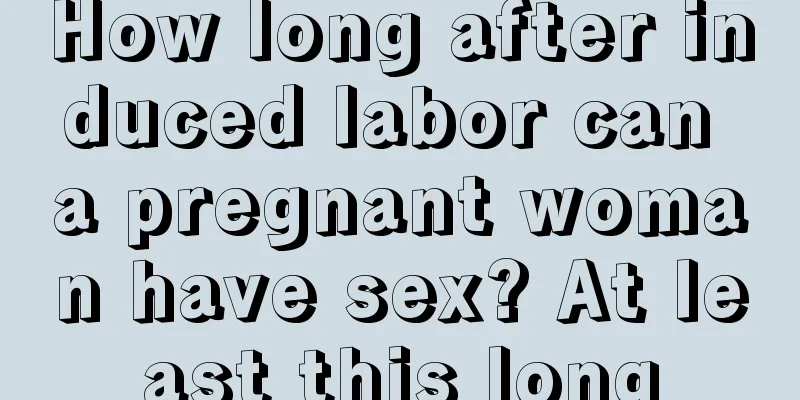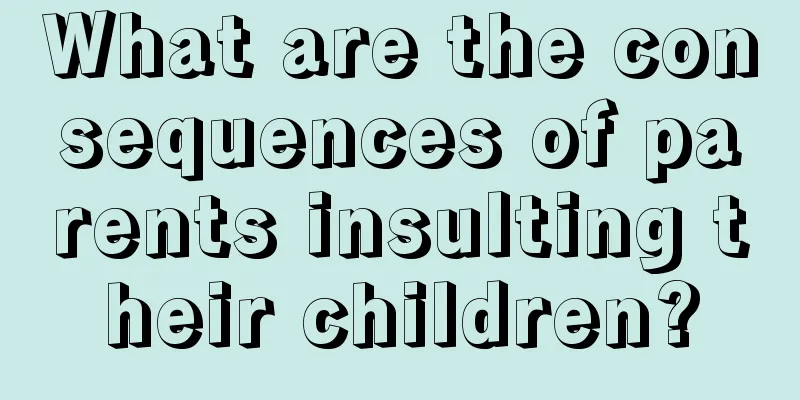What is the cause of the baby's fever and convulsions? How to treat it?
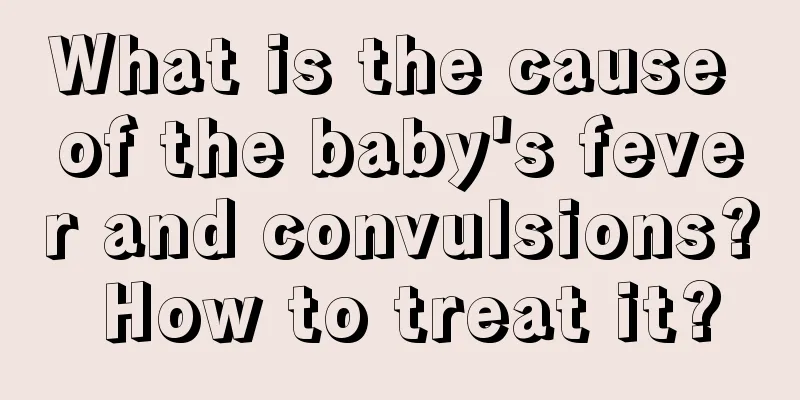
|
When a baby has a fever and convulsions, it is indeed a big deal that cannot be ignored, because the baby will suddenly lose consciousness and the convulsions are scary. So what is febrile convulsions in children? How to treat febrile convulsions? What are febrile seizuresDoctor Fu Yonglin explained that among the many causes of convulsions in children, febrile convulsions are the most common, usually occurring between the ages of 6 months and 6 years old, especially around 1 and a half years old.The so-called febrile convulsion refers to an acute rise in body temperature in young children. Excluding central infection and electrolyte imbalance, the fever increases the excitability of nerve cells due to the immature and unstable brain development, resulting in abnormal brain discharges.According to statistics, about 2-5% of young children have experienced febrile convulsions. Febrile convulsions have a certain family genetic tendency, and the first or second cousin of a child who has a febrile convulsion may have the same medical history.Most febrile seizures occur within 24 hours of the onset of a fever, and sometimes occur within an hour before or after the high fever.Febrile seizure symptomsClinically, many parents may not realize their children have a fever until after a convulsion occurs. Symptoms of a convulsion include: eyes drooping, lips turning purple, teeth clenched, foaming at the mouth, limbs becoming rigid or twitching intermittently.At this time, the child shows no response to sound and stimulation, which usually lasts about 5 minutes. The child's eyes and limbs begin to relax and he seems to fall asleep. He will slowly wake up after a while.It is important to note that not all fevers and convulsions are equivalent to febrile seizures; some convulsions are caused by brain infections, or electrolyte imbalances and hypoglycemia caused by dehydration.Therefore, if your child has severe headache, drowsiness, frequent vomiting, or limb weakness when he or she is sick, you should seek medical attention as soon as possible.Do children with febrile convulsions need to take medicine?Most young children with febrile seizures do not actually need medication to prevent recurrence. All you need to do is to take the right measures to reduce the fever when it occurs.Although some anticonvulsant drugs are effective in preventing recurrence of febrile seizures, these drugs may also cause side effects such as drowsiness, confusion, or restlessness. And there is no evidence that drugs can reduce the risk of a child having epilepsy in the future.In certain special circumstances, such as a family history of epilepsy, known neurodevelopmental problems, or children with multiple or complex febrile seizures, a pediatric neurologist may prescribe appropriate medications to control the recurrence of febrile seizures.What to do if your baby has febrile convulsionsPlace the child on his side with his head tilted to the side to allow the saliva to flow out, and place a quilt under his head.Remove sharp objects or furniture from around your child that could injure him.Loosen any tight collar or clothing around your child's neck that restricts breathing.If there is food in the child's mouth and it is easy to remove, you can clear it out after the child lies on his side.Do not try to put anything in the child's mouth to avoid blocking the airway.If the body temperature rises during a convulsion, anal suppositories can be used to reduce the fever.Do not use artificial respiration unless the child is not breathing after the seizure stops.There is no need to restrain a child who has seizures, as restraints will not stop the seizures.Observe and record the movements of the face, eyes, and limbs during convulsions, as well as the duration of the seizure, to provide the physician with a reference for diagnosis and adjustment of medication dosage.Do not give your child anything to drink or eat until the seizure stops but the child is fully awake.Seek medical attention immediately if:This is the child's first seizure, especially if it occurs before the age of 1 year.The duration of the seizure has exceeded 5 to 10 minutes.After a febrile seizure, you are unable to breathe on your own.One seizure was followed immediately by another.Spasmodic seizures are mainly characterized by local convulsions.Other physical injuries may occur at the same time as the attack. |
>>: What should I do if my newborn keeps crying while sleeping? How long should I sleep?
Recommend
How to stimulate the baby's brain development
In order to make the baby smarter, mothers also t...
Does toothpaste have any effect on burns? What are the magical uses of toothpaste?
I remember when I was a kid, if I got burned, my ...
Will babies become smarter the more they crawl? What are the benefits of babies crawling?
As the saying goes, "sit at seven, crawl at ...
Did Yang Wei have a second child through IVF? Yang Wei got twins through IVF in Thailand
The country's two-child policy has been opene...
When will the fetus move? What should the frequency of fetal movement be?
Everyone must have heard of fetal movement in lif...
What are the symptoms before ovulation?
It is easier to get pregnant if you have sex duri...
How many months is it appropriate to use a pacifier? What are the advantages and disadvantages of using a pacifier for babies?
Pacifiers are very common baby products. Pacifier...
Can pregnant women use electric mosquito repellent liquid? What are the main ingredients of electric mosquito repellent liquid?
Electric mosquito repellent liquid is a product t...
Can newborns use humidifiers? What are the hazards of baby air humidifiers?
Humidifier is a household appliance commonly used...
What are the symptoms of male infertility?
Infertility can be not only a female problem, but...
Can pregnant women eat dace? There are many benefits
Pregnant women can eat some dace appropriately. D...
What is the best way to bathe a baby in summer? How to bathe a baby in summer?
What is the best way to bathe your baby in summer...
How to cultivate children's optimistic spirit
A positive and optimistic attitude helps children...
How to supplement calcium for babies? Teach you how to choose calcium supplement products
It's time for babies to supplement calcium, a...
Can premature babies go swimming? How to feed premature babies?
Premature babies are born before the due date, an...
